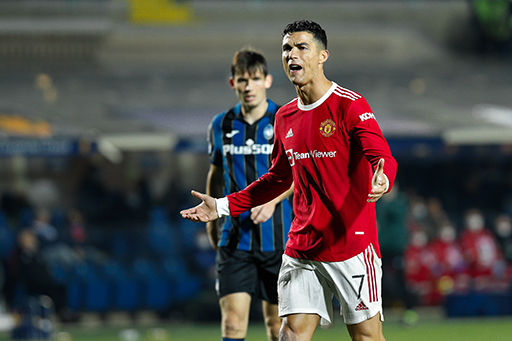4.1 Team development
Many activities at work and in sport are undertaken as a group or team. It is likely that you have experienced being part of a team that has functioned well, and one that has been dysfunctional in some way. The study of how teams function is broadly known as team dynamics. The effective functioning of teams is vital to success in sport and the workplace.
The important point about teams is that if they function well they can influence and enhance individuals motivation. This is vital knowledge for anyone leading a team. But first you’ll consider your experience of how teams develop in stages.
Anyone who has coached or worked with a team of any sort will know that teams need to be allowed time to develop. Tuckman and Jensen (1977) identified various stages that teams may pass through as they move towards effective performance (Table 1).
| Forming | the pre-team stage where people are still working as individuals |
| Storming | the stage of conflict that many teams need to go through to achieve their potential. During this stage the team becomes more aggressive and challenges previously agreed or taken-for-granted rules and restrictions |
| Norming | the consolidating phase in which the team works out working procedures and the team starts to build its own identity and understand how to use the resources they have |
| Performing | the optimal stage in which the team works well with mutual trust, support and cooperation and strives to be even better by concentrating on learning and improvement |
| Adjourning | the stage when the team disbands and individuals move on |
These stages illustrate something that occurs quite naturally in teams if managers let it happen – Tuckman and Jensen’s stages allow you to understand what stage a team might be in and not be threatened by it. However, consider the things that can affect this pattern: new members joining the team; the team leader continually switching things around (often a complaint in football teams); the leader not being comfortable with the conflict of the storming stage and trying to intervene because it feels threatening.
An interesting parallel in football is the arrival of new star players and the impact this can have on the rest of the team. Consider the experiences of the return of Cristiano Ronaldo to Manchester United, or Romelu Lukaku at Chelsea in 2021. The expectation is that a star player will have an immediate impact but actually this might take time or even disrupt what is already a performing team.
Activity 5 Thinking about team development
Think of a particular team of which you are or have been a member. Make some notes on the following:
- To what extent did your team reach the ‘performing’ stage of Tuckman and Jensen’s framework (Table 1)?
- Identify either what helped with team cohesion to reach this stage or what prevented team cohesion, thereby potentially thwarting the team’s ideal development.
Discussion
A number of different actions and processes might be identified.
The following actions may be appropriate for helping the team move on from each of the various stages of development:
- forming – helping members to clarify roles and responsibilities; helping the team develop a sense of identity; giving approval and praise for achievements
- storming – encouraging effective ways of communicating within the team; letting development and dealing with conflict to naturally happen; empowering members to take responsibility for team decisions
- norming – getting the team to define its own goals; encouraging the team itself to confront issues rather than turning to the team leader for solutions; enabling the team to coordinate its own work; encouraging creative and innovative thinking
- performing – delegating responsibility to the team for monitoring and controlling tasks and procedures; encouraging team members to coach and learn from each other leading towards open communication and trust; enabling the team to evaluate its own work and seek to improve it.
You may also have identified how rare it is to work in a team that truly 'performs' and how fleetingly this can happen.

